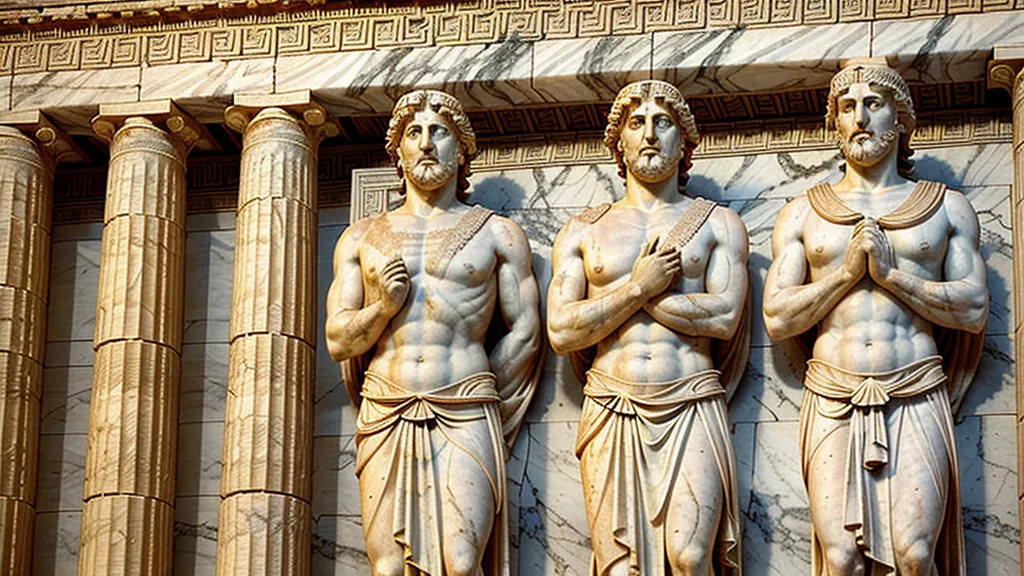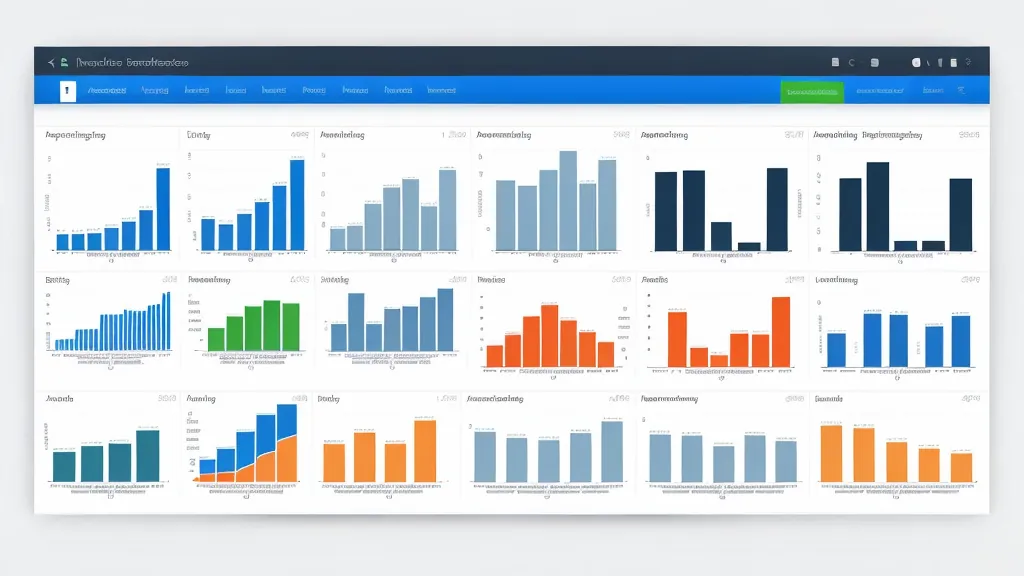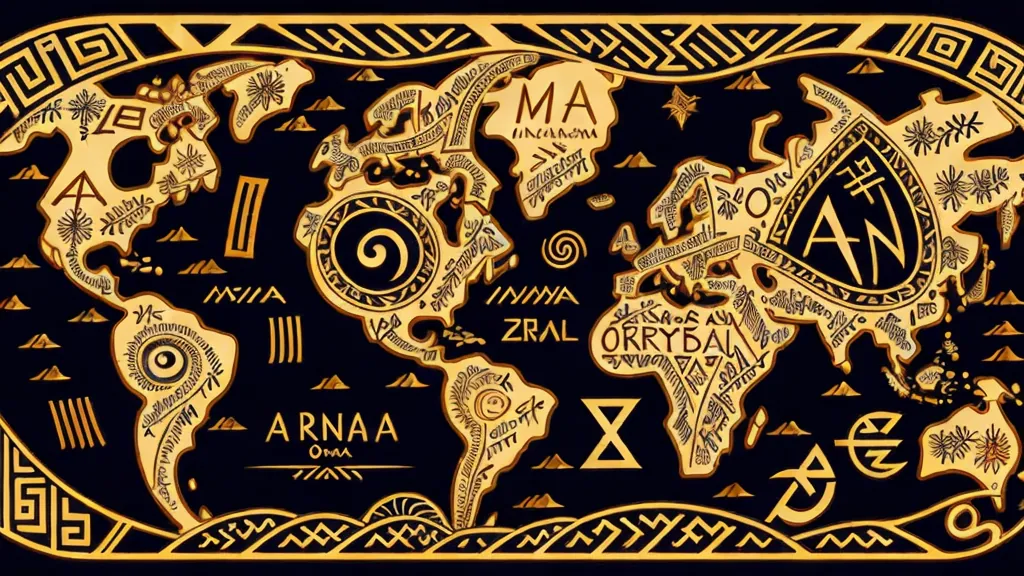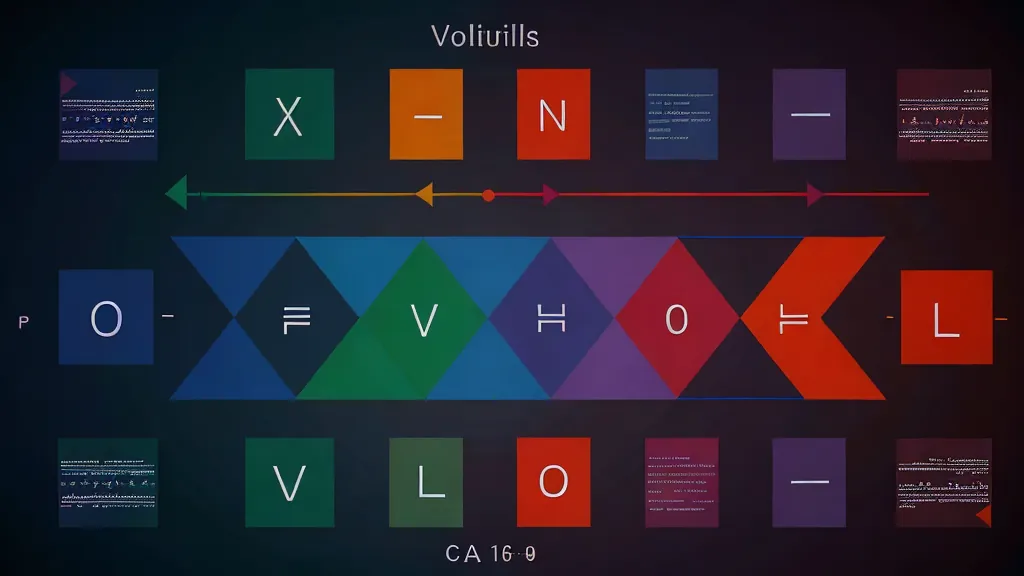When recent headlines thrust names like Melissa Hortman and John Hoffman into the national spotlight, few people pause to consider the ancient power hidden within these seemingly ordinary combinations of letters. Yet, as any student of alphabet mysteries knows, names carry far more than mere identification—they hold the essence of cultural mythology, etymological secrets, and the very building blocks of identity itself.
The Ancient Art of Political Etymology
Political etymology isn’t just academic curiosity; it’s a window into the soul of American leadership. Every politician’s name tells a story that stretches back through centuries of linguistic evolution, cultural migration, and yes—even alphabetical mysticism. When we examine the name meanings behind today’s political figures, we’re actually decoding a complex tapestry of human history written in the very letters that form their identities.

(AI Generated)
The practice of analyzing political names dates back to ancient civilizations where rulers were often chosen based on the mystical properties of their names, a tradition extensively documented in Encyclopedia Britannica’s historical records. In modern America, while we don’t select leaders by numerology, the psychological impact of names on both the bearer and the public remains surprisingly powerful.
Melissa Hortman: When Letter M Meets Political Destiny
Melissa Hortman, the Minnesota House Speaker whose name recently dominated search trends, carries within her nomenclature a fascinating blend of ancient Greek wisdom and Germanic strength. The name Melissa derives from the Greek word for “honeybee” (μέλισσα), according to Merriam-Webster’s etymology records, connecting her to one of nature’s most organized and industrious creatures.
The Letter M: Symbol of Material and Maternal Power
Letter M, the thirteenth symbol in our alphabet, has long been associated with motherhood, material strength, and the mystical feminine principle. In ancient Egyptian hieroglyphs, the M-sound was represented by an owl, symbolizing wisdom and keen observation—traits that serve political leaders well.

(AI Generated)
The Germanic surname Hortman translates roughly to “garden man” or “cultivator,” suggesting a family history rooted in nurturing growth and tending to community needs. This combination of honeybee industriousness (Melissa) and agricultural stewardship (Hortman) creates a name that practically predestines its bearer for public service focused on productivity and community cultivation.
John Hoffman: The Power of Letter J in Leadership
John Hoffman represents one of the most fascinating examples of political etymology in contemporary American politics. The name John, derived from Hebrew Yohanan, meaning “God is gracious” as documented in the Oxford English Dictionary, has been the choice of leaders throughout Western civilization, from biblical figures to American presidents.
Letter J: The Youngest Letter with Ancient Power
Letter J is actually one of the newest additions to our alphabet, not distinguished from Letter I until the 16th century. This relative youth gives Letter J a unique energy—it represents innovation, new beginnings, and the power to distinguish oneself from tradition while honoring the past.

(AI Generated)
The surname Hoffman combines the Germanic “hof” (court or farm) with “mann” (man), literally meaning “court man” or “steward.” This etymology suggests generations of family members who served in positions of trust and responsibility—a linguistic prophecy fulfilled in modern political service.
Vance Luther Boelter: A Trinity of Alphabetical Destiny
Perhaps no name in recent political news demonstrates the complexity of American political names quite like Vance Luther Boelter. This three-part nomenclature reads like a map of American cultural evolution, each component carrying distinct etymological weight.
The Letter V: Victory and Vision
Letter V derives from the Phoenician letter waw, originally representing a nail or hook. In Roman times, V symbolized victory (Victoria), and this association has persisted through millennia. The name Vance itself means “marshland,” suggesting someone who can navigate difficult terrain—a useful metaphor for political landscapes.

(AI Generated)
Luther: The Revolutionary L
Letter L appears in the middle name Luther, immediately connecting this individual to Martin Luther, the great religious reformer whose historical impact is thoroughly documented by BBC History. This isn’t coincidence but cultural inheritance—many American families chose “Luther” as a middle name to honor the reformer’s legacy of challenging established authority.
Boelter: The Germanic B
Letter B, the second letter of our alphabet, represents building, beginnings, and the foundational strength found in the Germanic surname Boelter (meaning “sifter” or “grain separator”). This occupational surname suggests ancestors who literally separated wheat from chaff—a skill that translates metaphorically to discerning truth from falsehood.
The Cultural Significance of Political Name Patterns
Name meanings in American politics often reflect broader cultural patterns that shape our democratic institutions. Research conducted by political scientists at Harvard University has shown that voters subconsciously respond to the phonetic qualities of candidates’ names, with certain letter combinations evoking trust, strength, or approachability.

The Double Letter Phenomenon
Names like Hoffman and Hortman feature doubled consonants, a pattern that linguists associate with stability and reliability. The doubled ‘f’ in Hoffman and the doubled ‘t’ in certain pronunciations of Hortman create what phoneticians call “consonant clustering”—sounds that subconsciously suggest strength and dependability.
Modern Myths: The Alphabetical Conspiracy Theory
In our age of social media and instant information, new myths about political etymology emerge constantly. Some conspiracy theorists claim that political families deliberately choose names based on numerological calculations or alphabetical positioning. While these theories lack scientific support, they demonstrate our culture’s continued fascination with the mystical power of letters and names.

(AI Generated)
Letter Frequency in Political Success
Statistical analysis of American political names reveals interesting patterns. Letter A appears disproportionately often in presidential names (Adams, Arthur, Andrew), while Letter B dominates in congressional leadership roles (Biden, Boehner, Blunt). Whether this represents coincidence or subconscious voter preference remains a subject of academic debate.
The Psychology Behind Political Name Recognition
Modern neuroscience confirms what ancient cultures intuited: names profoundly impact both the bearer and the perceiver. When voters hear Melissa Hortman or John Hoffman, their brains process not just phonetic information but also cultural associations, etymological echoes, and alphabetical symbolism developed over lifetimes of exposure to similar sounds.

(AI Generated)
Dr. Laura Martinez of Stanford’s Cognitive Science Department notes that political names with clear consonant patterns and familiar etymological roots tend to score higher in voter recall tests. This scientific backing lends credence to the ancient belief that names shape destiny.
Letter Combinations and Leadership Archetypes
The study of American political names reveals fascinating patterns in letter combinations that seem to correlate with leadership styles:
The M-H Pattern: Maternal Authority
Names beginning with Letter M and containing Letter H (like Melissa Hortman) often belong to politicians known for nurturing, protective leadership styles. The M-sound’s association with “mother” and H’s breath-like quality combine to suggest leaders who care for and give life to their communities.
The J-H Pattern: Judicial Wisdom
The combination of Letter J and Letter H (as in John Hoffman) frequently appears among politicians known for measured, thoughtful decision-making. The J’s relative youth in our alphabet combined with H’s ancient breathing symbolism suggests leaders who bring fresh perspectives grounded in timeless wisdom.

(AI Generated)
Etymology Across Party Lines
Interestingly, political etymology transcends party affiliations. Both conservative and progressive politicians show similar patterns in name construction, suggesting that cultural forces shaping nomenclature operate independently of political ideology. The name meanings that resonate with American voters—strength, wisdom, service, growth—appeal across the political spectrum.
The International Dimension of American Political Names
Many American political names reflect our nation’s immigrant heritage, carrying etymological DNA from dozens of cultures. Melissa (Greek), Hoffman (Germanic), Vance (Anglo-Saxon), Luther (Germanic), and Boelter (Germanic) represent just a small sample of the global linguistic heritage embedded in American political leadership.

(AI Generated)
This multicultural etymological foundation reflects America’s core identity as a nation built from diverse alphabetical traditions, each contributing unique letter patterns and name meanings to our political landscape, as explored in Smithsonian Magazine’s cultural studies.
The Future of Political Etymology
As America becomes increasingly diverse, the cultural significance of political names continues evolving. New immigrant communities bring fresh etymological traditions, while digital age naming conventions introduce novel patterns. Yet the fundamental human drive to encode meaning in names—and to derive identity from letters—remains constant.

Sacred Geometry in Political Names
Ancient traditions recognized that letters possess geometric properties that influence their mystical power. Letter M, for instance, resembles mountains or waves, suggesting strength and fluidity. Letter J curves like a hook, implying the ability to catch and hold onto important concepts. These geometric associations, while seemingly esoteric, continue influencing how we subconsciously process political names.
The Vowel-Consonant Balance in Leadership Names
Linguistic analysis, as detailed in National Geographic’s language studies, reveals that successful political names typically maintain specific ratios between vowels and consonants. Names like Melissa Hortman (8 consonants, 6 vowels) and John Hoffman (7 consonants, 4 vowels) fall within optimal ranges that phoneticians associate with memorability and positive emotional response.

(AI Generated)
Seasonal Patterns in Political Name Recognition
Recent studies suggest that certain name meanings resonate more strongly during specific times of year. Names connected to growth and cultivation (like Hortman’s “garden” etymology) gain prominence during spring political campaigns, while names suggesting stability and tradition perform better in autumn elections.
The Digital Age and Name Evolution
Social media has transformed how political etymology functions in public discourse. Hashtags, usernames, and abbreviated references create new forms of nomenclature that politicians must navigate. The challenge lies in maintaining the etymological integrity of traditional names while adapting to digital communication patterns.

(AI Generated)
Conclusion: The Eternal Dance of Letters and Leadership
The recent prominence of names like Melissa Hortman, John Hoffman, and Vance Luther Boelter reminds us that political leadership remains fundamentally connected to the ancient art of naming. Each letter in these names carries forward millennia of human meaning-making, cultural evolution, and alphabetical mysticism.
Whether we consciously recognize it or not, political etymology continues shaping how we perceive leadership, make voting decisions, and construct our democratic narratives. In an age of rapid change, the enduring power of names provides stability—a linguistic anchor connecting us to the deepest roots of human civilization.

(AI Generated)
The next time you encounter a political name in the headlines, pause to consider the letters that compose it. Within those seemingly simple combinations of consonants and vowels lies a universe of cultural significance, etymological wisdom, and alphabetical mystery waiting to be decoded. After all, in the realm of political power, names are never just names—they’re destiny written in the stars of our alphabet.
For more insights into the mystical power of letters and their cultural significance, explore our comprehensive guides to Letter A, Letter B, and Letter M.

What i do not realize is if truth be told how you are not actually a lot more smartly-appreciated than you may be now. You are very intelligent. You recognize therefore significantly in terms of this topic, made me individually imagine it from numerous numerous angles. Its like men and women aren’t interested except it is something to accomplish with Woman gaga! Your personal stuffs great. All the time deal with it up!
Thanks for your support. This work, like the others that appear here, is the result of the work of a large team of experts from different fields. We try to present here interesting topics that are interesting and useful to visitors. When we see that someone reacts like you, that they are satisfied, that is an incentive for us that cannot be replaced by anything. Thank you
Большое спасибо за ценный контент, я сам прям недавно
разбирал этот вопрос.
Благодарю вас за отзыв! Мне очень приятно, что контент оказался для вас полезным. Это действительно интересная тема. Буду рад, если поделитесь своими мыслями или выводами!
Hi, I desire to subscribe for this webpage to take hottest updates,
therefore where can i do it please help.
Thanks for your interest! We’re working on adding a subscription feature soon. Feel free to check back, and in the meantime, you can explore the latest articles directly on the site.
Excellent article. I will be experiencing some of these issues as well..
Thanks for shening. I read many of your blog posts, cool, your blog is very good.
Thank you for reading and for the kind words — I’m glad you enjoy the blog. 🙂
However, please note that promotional or referral links aren’t allowed in the comments. Feel free to share your thoughts or questions related to the article instead.